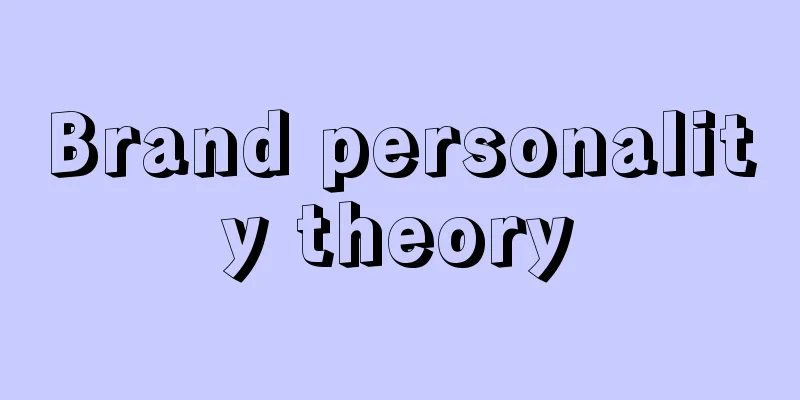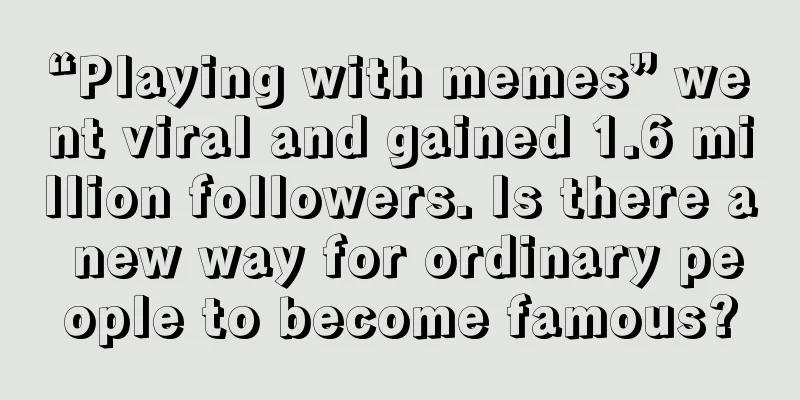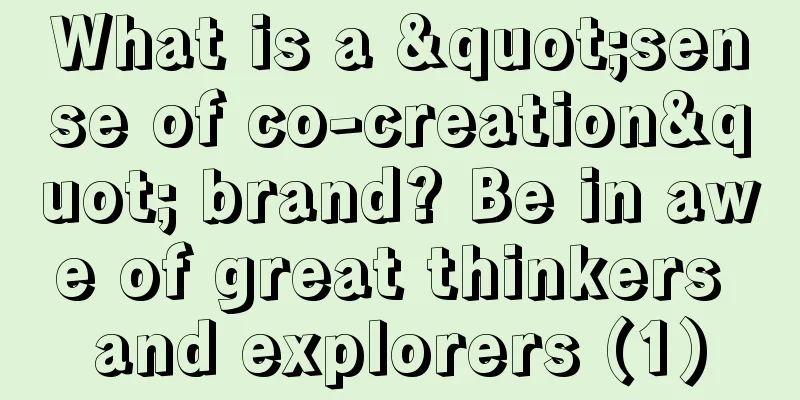A copywriter’s self-cultivation!

01Everyone can write copy. Even a senior copywriter may sometimes not be able to write as well as an ordinary primary school student. There are hidden dragons and crouching tigers everywhere in life! The difference is that it is a one-time burst of inspiration. It can still provide continuous and stable output. What are the standards for copywriting? There is no universal standard for copywriting. But there is a saying: "Words are enough to convey your feelings." What does it mean? My understanding is that the copy should express the meaning and emotion accurately, be concise and clear, and get to the point. To do this, you say it is simple, isn't it? Isn't it just making things clear? You say it's difficult, it's very difficult. A little more will lack the intensity, a little less will lack the strength. And this passion and strength comes from the copywriter's self-cultivation. 02Copywriting is a craft, but it is not a craft that involves choosing words, structuring text, and focusing on rhetoric. The first step to becoming a good copywriter is to forget that you are a copywriter. You need to worry more, understand the product as well as the product manager, understand the customer as well as the salesperson, understand consumer psychology as well as the marketer, and experience life as well as potential users. ….. In this way, you can use your own experience and knowledge to make complex products truly communicate with users, make the intangible brand come to life on paper, and truly make your words expressive and clear. Copywriting is actually the communication vehicle between brands and users. A copywriter is actually a living translator between the brand and the users. 03There are many ways to write good text. To be a good translator with insight into worldly affairs, there is no easy trick. First you need to understand the brand, the product, and each individual person. Then you must be a careful person and practice self-cultivation. The human mind is like a blank slate, with no marks on it. All our cognition is based on experience, and what kind of experience we have will form what kind of knowledge and expression. All the knowledge, experience and cognition in your brain, when displayed, constitute all the things in your copy that can touch people. I believe that people who think about copywriting can deeply understand the following sentence. Those well-written copywritings: the surface is routine, but the foundation is accumulation. He'll get his butt off his chair. Go out into the real world, experience all kinds of life, understand products, communicate with people, feel joy, anger, sorrow and happiness, understand the psychology of the crowd, and try good and bad things. This is the way he practices, and it will definitely become a part of his copywriting. 04Good copywriting requires insight. We can’t invent an insight, we can only discover one. We can’t discover an insight in a daydream either. Only by loving life can we discover the beauty of life. People who have experienced life deeply can find more things that readers can resonate with and move than others. A blank life, no insight, and nowhere to start writing. Good copywriting needs to have a sense of picture. Play out the points you want to convey in your copy like a movie, with scenes, sounds and emotions, so that everyone who watches it can relate to you. Life, learning and experience will give you countless details, but cultivation, It is the ability to capture these details. Good copywriting needs to be authentic and not just rote. If you just recite what others have gained from their life insights and what they have extracted from their own experiences, it will only touch the surface and fail to express the true emotions behind them. What you have experienced and understood yourself is more real and full of unique emotions. You can imitate it but it must have a core and be expressed from the inside out. This is your own thing. The words are clear and concise, that’s all! 05In the face of amazing life experiences, the rhetoric of copywriting is really not worth mentioning. Every time I read the stories of those great copywriting masters, I am stunned. Their life experiences are, without exception, more exciting than urban novels. Even TV shows dare not film them. This is not just writing copywriting with words, but practicing in seclusion with their entire lives. Looking back at myself, I feel relieved. It’s frustrating to read the copywriting experiences and methodologies that these great writers share every time, because the methods are always the same, very common, and basically everyone knows them. Others don't have the magical skills that you imagine. It's just experience, knowledge, and cognition that you will never be able to learn. From this perspective, when it comes to copywriting, no matter how much explanation you give, it is often redundant. 06Believe me, the current AI is very helpful to copywriters. It can effectively solve many repetitive tasks and a large amount of low-level work for copywriters. But when it comes to replacement, whether in terms of capability or coverage, it is still too early. We are just getting started. We can learn from others' experience to polish our own. We should learn to use AI well instead of rejecting it or avoiding it. 07The acting method written by Stanislavski in his book "An Actor's Work" is listed as one of the three major acting systems in the world, and its core is "experiential" acting. He advocates that actors should immerse themselves in the emotions of their characters, discovering and experiencing the emotional moments that each character experiences. Using this method of acting, actors create characters with multiple layers of reality and are able to interpret the subtle connection between the character's behavior and inner thoughts. Isn’t this what copywriters need? To make the text have a multi-layered sense of reality, contain emotions, and express deeply… Or should it be called experiential writing? Speaking of experience, there is a saying among those who create: The devil is in the details. And the details... come from life and personal experience. You see, it is just an experience of life, it is easy and difficult at the same time. Because: You need to maintain a brain that is always active, a pair of eyes that are always observing, and a pair of hands that can never stop. This should be the self-cultivation of copywriters! Accumulated water forms an abyss! Author: Mumu Old Thief Source: WeChat public account: Mumu Laozei (ID: mumuseo) |
<<: Creativity or delusion? Don’t panic when facing AI hallucinations
>>: Managing Key Accounts Effectively: Strategy, Tactics and Planning
Recommend
How to amplify differentiation, 4 rules, 3 laws
How to highlight the characteristics of a brand in...
How did boiled water become so successful that it sells 3 billion yuan a year through marketing?
In recent years, a new product has emerged in the ...
Old domestic brands are becoming popular again, and "Vigor 28" cannot rely solely on "overwhelming traffic"
This article discusses how the time-honored Chines...
The "Shanghai Rose" that has swept Xiaohongshu has brought these three inspirations to store experience marketing
During the Valentine's Day that just passed, w...
As a travel “adventure” brand, where is the next stop for content marketing?
This article analyzes the joint project between Ku...
How to pay Shopee's VAT and corporate income tax?
Opening a store online involves paying taxes. Cros...
Xiaohongshu’s beauty and makeup hit article maker!
This article deeply analyzes the value of Xiaohong...
What preparations should be made to build an independent website? What do you need to prepare?
When merchants build cross-border independent webs...
I am still not optimistic about WeChat video e-commerce
This article elaborates on the reasons why the aut...
Why have top internet celebrities collectively fallen out of favor recently?
This article introduces the quality control proble...
What are the types of cross-border e-commerce risks? Tell you how to reduce the risks
With the progress of globalization, cross-border e...
In 2023, where will the wind blow in the Tik Tok content track?
Only when the short video content is interesting c...
Can Shopee advertising money be refunded? How to recharge advertising fees?
Shopee advertising will charge fees based on the n...
Digging out new groups from old categories, a super opportunity for the Super Bowl
When people think of light meals, the first thing ...
What should I do if I have no transaction volume after registering on Shopee? How to solve this situation?
Speaking of settling in Shopee, I believe that fri...








![[Summary] 15 common problems in private domain operations](/upload/images/67e78042138f6.webp)
